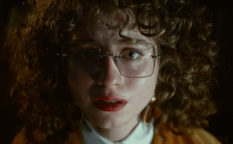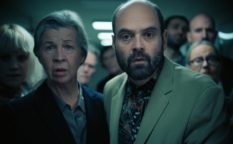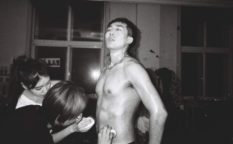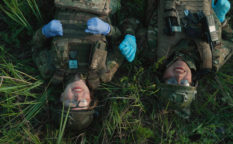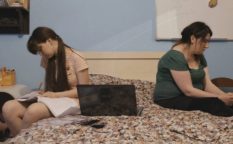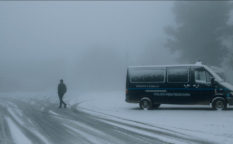Sarajevo review: Paying a Visit to Fortuna (2021)
Sarajevo Film Festival
Competition Documentary Film
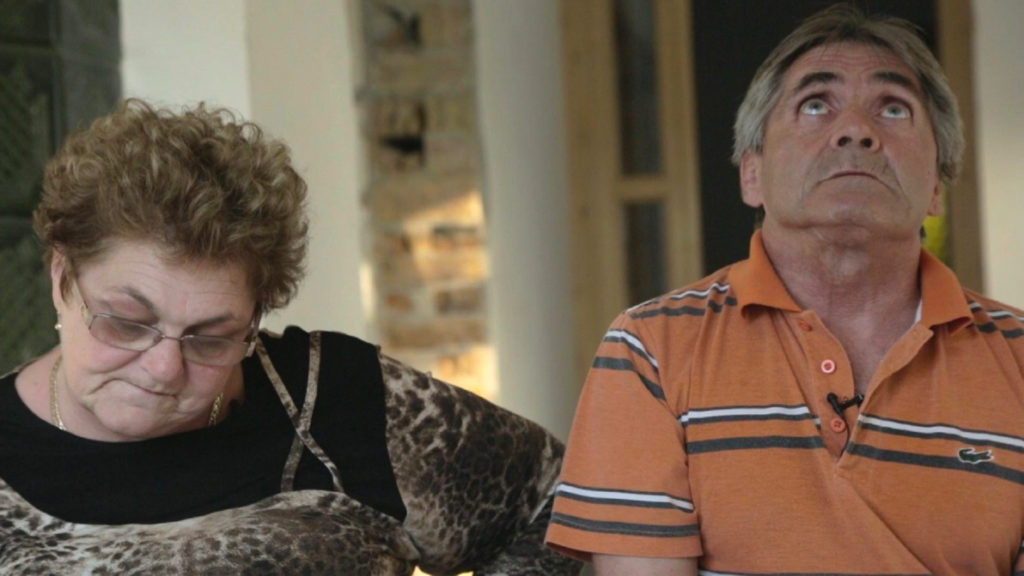
What would you do if your ‘Plan A’ trully worked? Imagine, you are rutinely seated in front of the television with your lottery ticket thinking how you yet again paid the ‘stupidity tax’, before realizing that your numbers were drawn for real. All of a sudden, you have almost 2 millions waiting for you to be poured into your account. You sit in shock and contemplate what to do with all that dough: a trip around the world, a brand new car, a house? Depending on where you live, those two mil would maybe buy you a shack in the wood, or – if you happen to be living somewhere in former Eastern Europe, this pretty sum would buy you many properties and luxury goods.
When he won the so called Scadinavian lottery in 2013 – a sum 2700 times the average national earnings as we are informed in the film’s opening title cards, Laci – who up to that moment lived in bitter poverty with his wife Anikó, decided never to work a day in his life again, and to go on lots of holidays. From rags to riches, the spouses have suddenly found themselves in a situation they wrongly believed they could handle.
This could have been one of many stereotypical stories one is told about in the media. A family gets blessed with a lottery win. They start making bad choices and something goes terribly wrong. But the case of family Andraschek is unique. They managed to pull a handbrake before it was too late, and the damage got undone. Before that happened, they had to go through a number of personal crisis, led by different views on life’s little necessities.
Strictly observant and non-judgemental Mátyás Kálmán stayed close with the family for almost four years, documenting the prime and fall of their relationship including the couple’s slow, torny way to find each other again. This chronological account of the events could not be possible without the proper investment of time in building a bond between the filmmaker and his subjects. The camera is present, but the awarness of it isn’t palpable: emotions are getting unleashed, tantrums thrown, the most intimate details vocalised. Nothing gets burried under the rug.
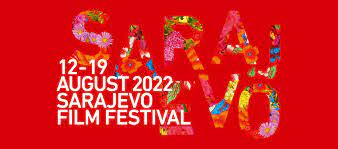
Genuinly happy about their unexpected fortune the Andrascheks invest money in stocks, a dream house and an apartment. A pool is built in the backyard, and the personal chauffeur gets employed. Even if everything looks as usual, the previously harmonious marriage of 25 years stars shaking in its foundations. Laci feels useless as someone who previously took care of everything but whose only ‘job’ became watching television, because his wife refuses to travel excited about her new calling. As someone who had spent most of her life as a housekeeper, Anikó finds joy in investing the money and starting her own business. Her first project is a non-alcoholic café in Győr that serves “chocolate kebap”, and that pays certain tribute to her husband’s life of sobriety after years of battling alcoholism.
Think twice before you claim that your character would never change in case of a big lottery win. Anikó and Laci will prove you wrong, but they will also show you that true love always finds its way to bring people to their senses.
The Sarajevo Documentary Film Competiton film Paying a Visit to Fortuna is chapterized in three parts, the first dedicated to the family luck before the life-changing moment, and their extreme happiness to witness the wedding of their only child Monika. While the second part of the documentary follows the immediate events after the lottery win, the third concentrates on Laci’s escape to the old, self-destructive ways and his subsequent 6-months-long rehab which glues the family back together.
The Hungarian director Mátyás Kálmán has found a smooth way to document a life of two people who resisted the temptation of ruining the biggest asset they have – each other’s love, despite all odds.
Original Title: Fortuna vendégei
Year: 2021
Runtime: 76′
Country: Hungary
Written/ Directed/ Shot by: Mátyás Kálmán
Production: Peglanje Snova
Coproduction: HBO Europe, Sekvenca, Kompot
Producer: Mátyás Kálmán (COLLOC Productions)
Co–producer: Ágnes Horváth-Szabó
Music: Matej Merlić
Sound: Luka Gamulin
Editor: Ágnes Mógor, Mátyás Kálmán
Consultant: György Pálos











